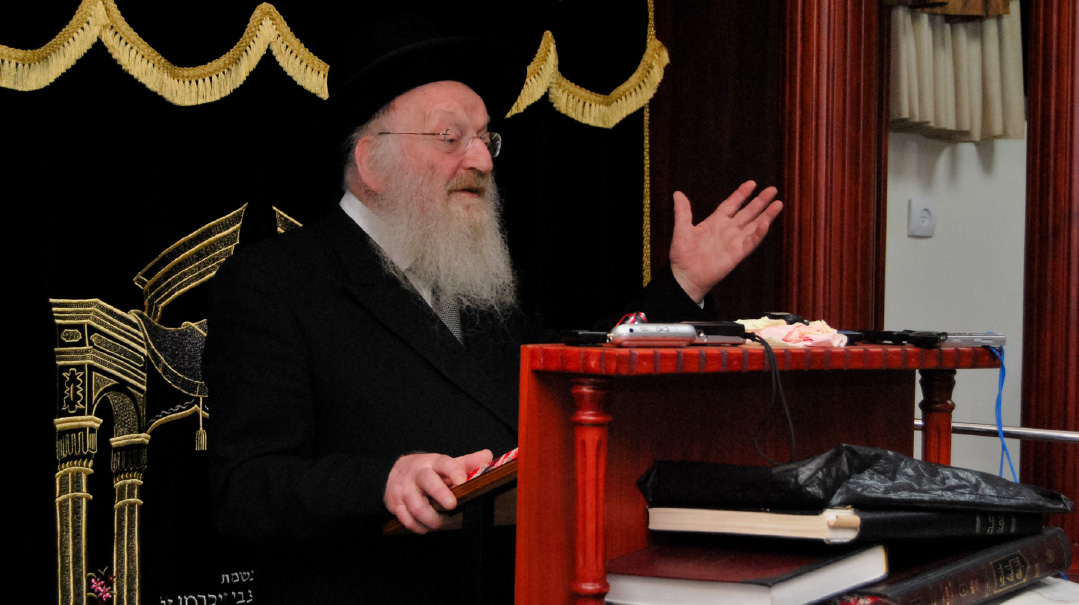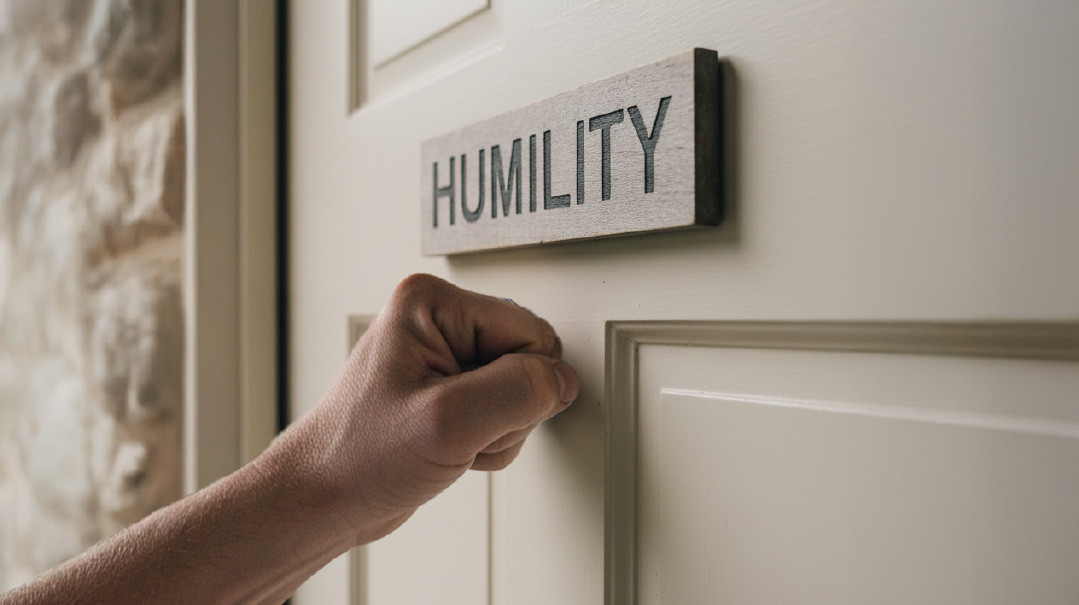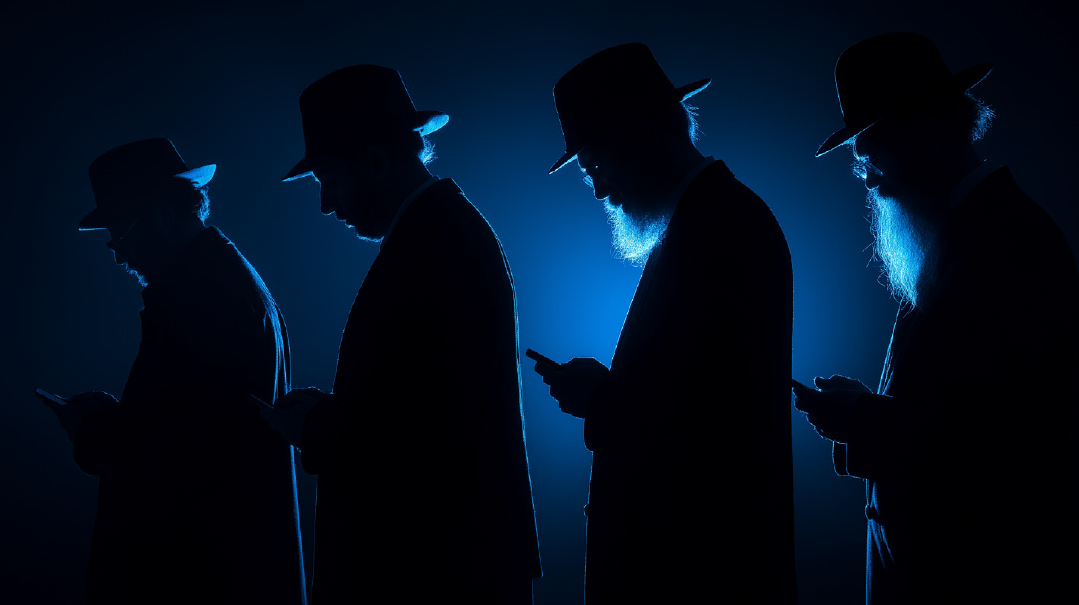Suddenly, Not
| February 6, 2024Mattisyahu Chaim ben Ettil was on my mind and in my tefillos six days a week for all these years.

Photo: Shalom Korn_shalom Photography
I had a very close relationship with Rav Mattisyahu Salomon.
How so?
I met him only once. That’s it.
I heard him speak in public only once, right after he came to the US. That’s it.
I never called him on the phone. I was not a student in Lakewood’s Beis Medrash Govoha.
I never attended his shmuessen. I have numerous mussar books on my shelf, and have read many, but somehow I have never read one of Rav Salomon’s.
I know no one from his family. Other than his general reputation and basic personal history, I know very little about him.
I know he was revered. I know he had a tremendously positive influence on countless people.
But not on me. I was too far away.
Yet I was devastated when he died — because we had a very close relationship.
How could that be?
Many years ago — eight or nine years ago? — I read a request in a chareidi publication to daven for him. So I did. Perhaps because of my inclination to mussar.
I never noticed anything further, saying that he had had a refuah, that it was no longer necessary to daven for him.
So I never stopped.
Mattisyahu Chaim ben Ettil was on my mind and in my tefillos six days a week for all these years.
That creates a very close relationship. A unique relationship.
I am active; I know Hashem is active; the other person being prayed for is, in a sense, passive, a recipient of my deepest hopes and requests.
It’s an unusual type of three-way relationship. One being prayed for, one praying, and Hashem. The relationship is both intimate and distant.
Either way, or both, it digs into your neshamah. It creates a link. A spiritual dynamic unlike any other — putting someone in your deepest expressions, your tefillos, day in and day out, year in and year out.
It creates a closeness, even though (at least in this case) the other person has no knowledge of it. You feel the relationship.
It is uplifting, since, as the saying goes, “No news is good news.” I did not know how Rav Salomon was doing, but I did know he was still with us. I knew my tefillos meant at least something.
Then, suddenly, not.
The relationship was severed. Of course, that was not the main thing. The main thing was the loss of a great person, but it was also a loss to me, and, I imagine, to anyone davening regularly for him. It’s a cut. Something major is suddenly missing from my tefillos. That, of course, is the lesser loss. But still, it is a loss to me and many others.
The Rav’s name has continued to rise to my tongue — before I stop myself. No, I cannot say his name during davening anymore.
The unique relationship is over.
I have no control over this — except to keep davening for the many others with whom I have unique relationships.
Actually, upon reflection, there is one way to continue the relationship with Rav Salomon: Go back. Open his seforim. Dig in.
This, I, and all of us, can still access.
“Tzaddikim in their deaths are called living.”
Rabbi Hillel Goldberg is the editor and publisher of the Intermountain Jewish News, for which he has written a weekly column, “View from Denver,” since 1972, and the author of numerous seforim about the mussar movement and other subjects.
(Originally featured in Mishpacha, Issue 998)
Oops! We could not locate your form.







